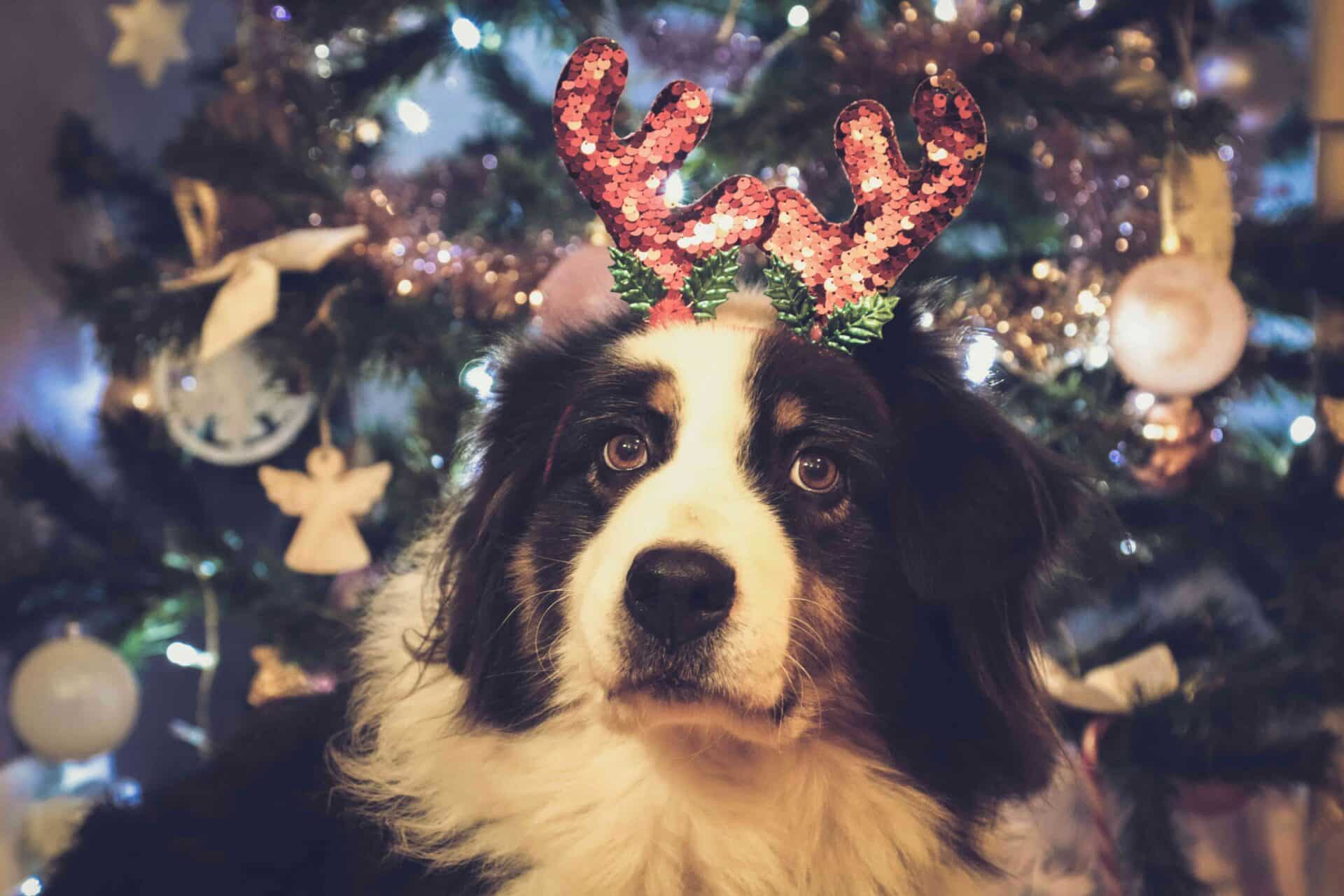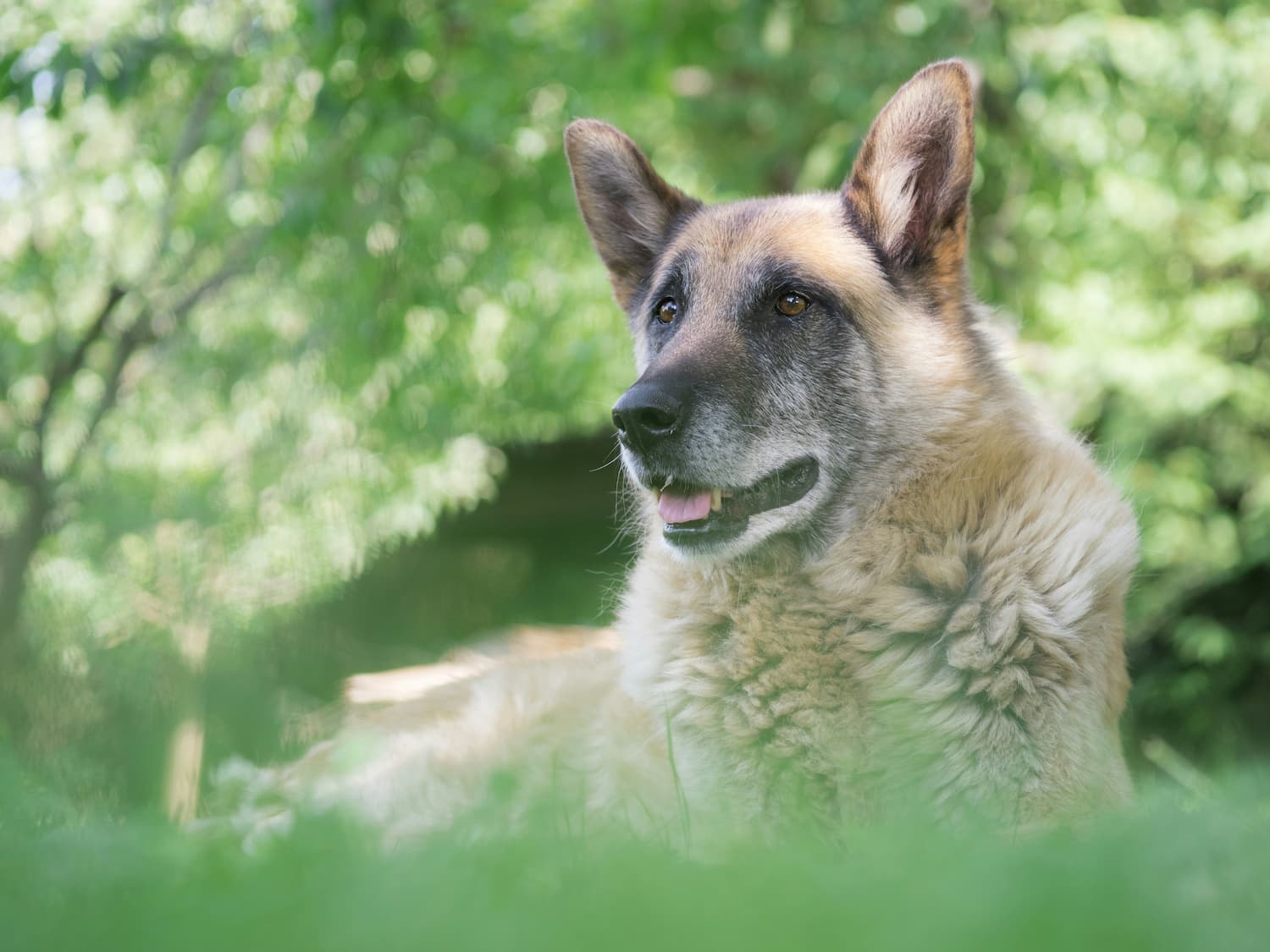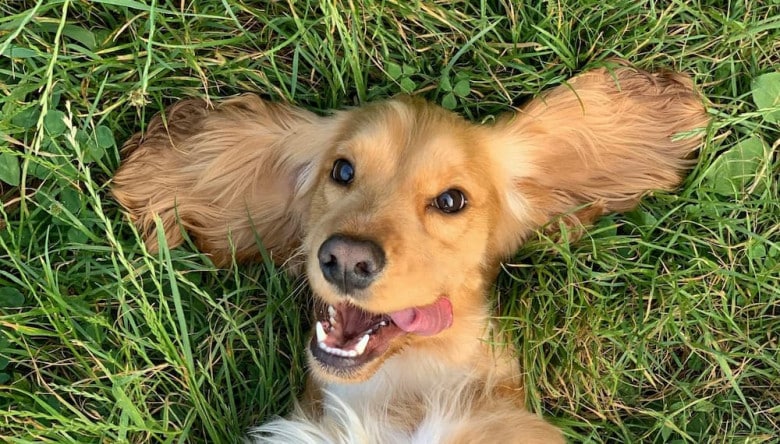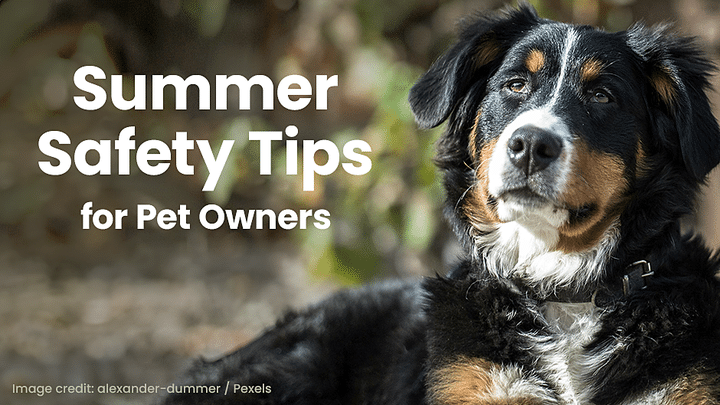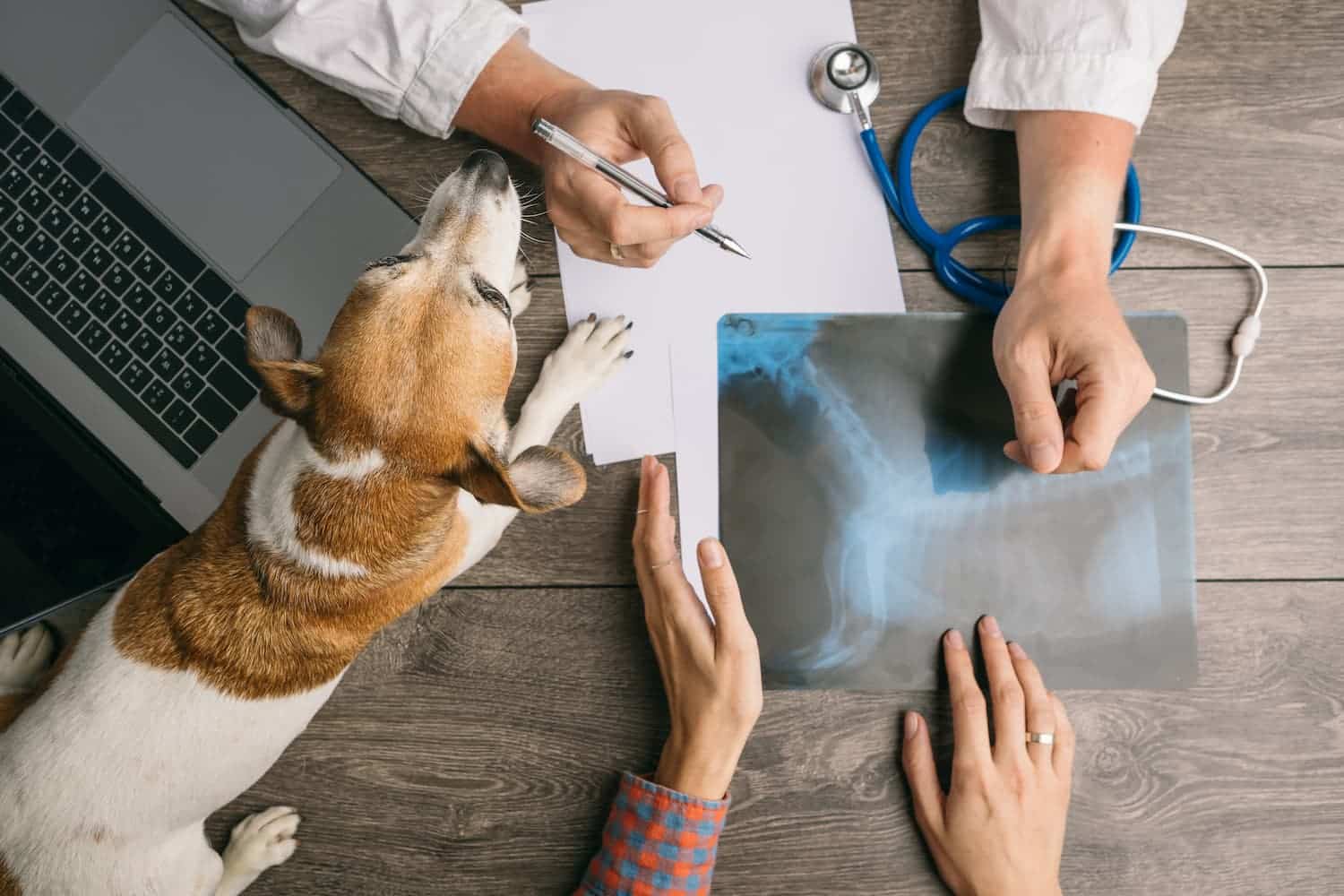In the News
Catch up on the latest news, updates, and blog posts from Gehrman Animal Hospital. Stay informed with helpful pet care tips, community events, and important clinic announcements!
Blog
Latest News and Blog
Stay informed with our helpful blog, featuring tips, advice, and insights on everything from pet health to training and wellness. Whether you’re a new pet owner or an experienced caregiver, our blog offers valuable resources to keep your pet happy and healthy. Read our latest posts today!


